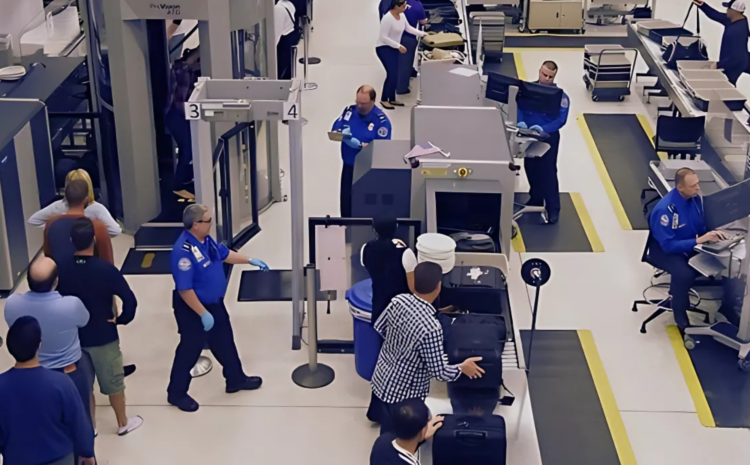Basic Aviation Security
Facilities:

Course Description
Basic Aviation Security (AvSec) Training is designed to ensure that personnel working in the aviation sector understand and can implement security measures effectively to protect passengers, crew, aircraft, and airport facilities. This training covers a variety of topics crucial for maintaining safety and security in aviation environments.
Basic Aviation Security Training is crucial for maintaining a safe and secure environment in the aviation sector. By providing comprehensive knowledge and practical skills, this training helps personnel effectively respond to security threats and contributes to the overall safety of air travel.
- Introduction to Basic Aviation Security
- Introduction to Aviation Regulations
- Threats to Aviation
- Introduction to Airports
- Introduction to Security Checkpoints (SCP) and Regulations for Screening Passengers, Cabin Baggage, Checked Baggage, and Carry-On Items.
- Passenger Screening Process
- Practical Exercises and Case Studies
- Final Assessment and Certification
Airport Security Personnel: Staff responsible for monitoring and securing airport premises, screening passengers and baggage, and enforcing security regulations.
Airline Staff: Employees working at airline counters, including check-in agents, who need to understand security protocols related to passenger and baggage handling.
Ground Handling Agents: Personnel responsible for managing aircraft operations on the ground, including ramp agents and baggage handlers who must be aware of security measures affecting their roles.
Air Traffic Controllers (ATC): While primarily focused on flight safety, ATC staff also need a basic understanding of security measures and protocols to effectively coordinate with security personnel.
Law Enforcement Officials: Local law enforcement officers who operate at or around airports and may interact with aviation security protocols.
Airport Operations Staff: Employees responsible for overseeing airport operations and ensuring compliance with security regulations.
Maintenance Personnel: Technicians and engineers who work on airport infrastructure and equipment, needing training on security protocols to ensure safety and security in their operations.
Cargo Handlers: Employees involved in the transportation of cargo and freight, who need to be trained on security measures for handling cargo in aviation.
VIP and Executive Handling Staff: Personnel who manage the special needs and security arrangements for VIPs traveling through airports.
Catering and Service Providers: Staff involved in delivering catering and other services to aircraft who must be trained in the security measures for access to restricted areas.
New Employees and Contractors: Individuals entering the aviation industry who require basic training in security protocols to ensure compliance with regulations from the outset.
- Minimum formal education of high school/equivalent
- Physically and mentally healthy (stated by a certificate from a government doctor)
- Certificate of being free from drugs
- Certificate of not being color blind
- Able to speak English passively

